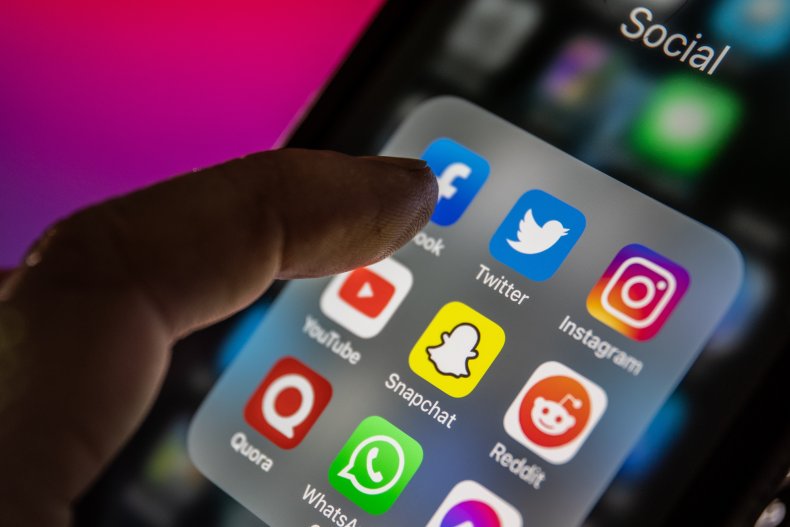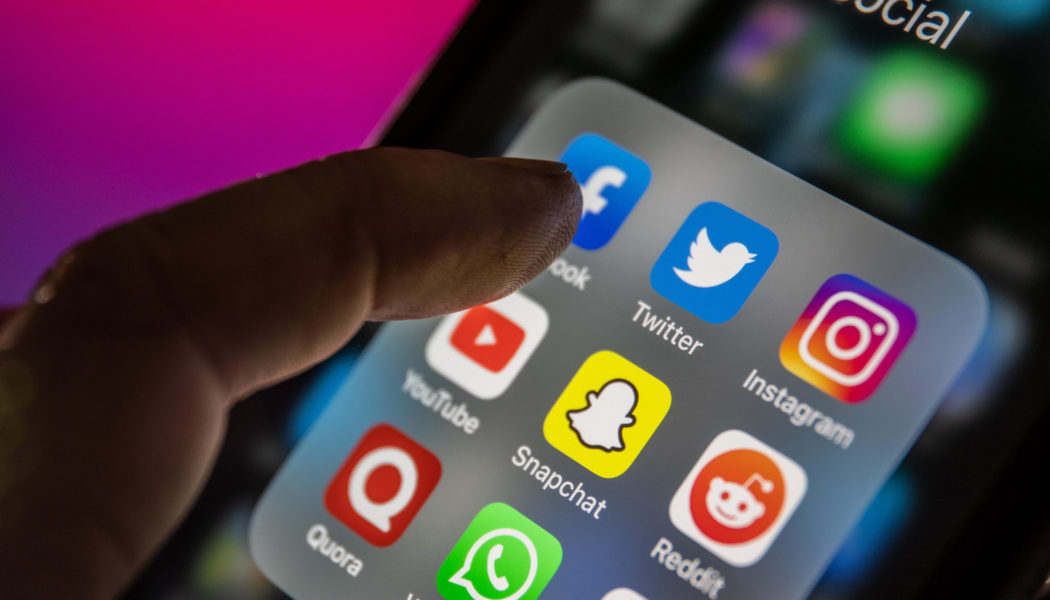A small coffee shop filled with young adults in rural Wyoming felt palpably different for reasons Justin Schneir, a father and entrepreneur, could not immediately identify. He whispered to his wife that somehow it reminded him of a coffee shop in the 1990s. “You know why, don’t you?” she replied. “No one is using a cell phone!”
Far less than the décor or design, the difference was that the patrons were absorbed with one another rather than siloed in their devices. Wyoming Catholic, the local liberal arts college that established a phone-free culture, is part of a growing movement to reject smart phones and their attending addictions in favor of a more human way of life—even if it feels as wildly old fashioned as the set of Friends.
Inspired in part by this experience, and with their eldest child studying at their alma mater, Franciscan University of Steubenville (FUS), the Schneirs considered what they could do to encourage a similar movement. They reached out to fellow alumni and to FUS president Fr. Dave Pivonka. The result of their efforts and fundraising is the “Unplugged Scholarship,” a pilot program that awards financial help to students who choose to forgo smart phones for the duration of their college life.
Recognizing the importance of influencing one another, students also meet monthly in a group called Humans Engaging Reality to share their experiences and struggles as well as to inspire one another in the formation of new habits and the setting aside of old ones.
Tim Delaney, executive director of alumni and constituent relations at FUS, reports that the initial meeting included comical woes such as having to ask a stranger for directions, as well as serious triumphs. One young man confided to the group that not having his phone was proving to be the beginning of an end to a struggle with pornography. A young woman spoke of a diagnosis and long battle with anxiety and depression, and the alleviation of both after being smartphone free. Living daily life without the endless stream of information, comparison, insecurities, and scattered attention that comes with smartphones proved to be far more curative than anyone might have imagined.
For more than a decade we have been running a vast social experiment to see whether the benefits of smart phones outweigh the costs. We have largely let this experiment be waged on our kids, who are in their most formative years, and who can scarcely remember life any other way.
It is an experiment that most have conducted passively, rather than deliberately. Consider what any parent would do if someone offered his child a highly addictive substance that would exacerbate his or her insecurities, encourage traits of self-absorption and superficiality, and incline him or her to anxiety and depression. It is hard to imagine any compelling compensatory benefit.

Matt Cardy/Getty Images
The normalization of adolescent smart phones has been so effective that years ago parents needed a movement to encourage families to at least wait until 8th grade before giving kids the internet in their pocket. The insight behind that movement was that a large source of the pressure to have a phone for both parent and child is that the child’s peers have them. Rather than ask kids to go it alone, resetting the expectations among peer groups might soften an otherwise hard stance and give cover for those who might otherwise feel self-conscious.
This movement was a good start but most everyone knows that whether it’s before 8th grade or after, without serious enforced limits, phone access becomes addiction quickly—and 9th grade is hardly a benchmark for wisdom and self-restraint.
Even in its first year, the Unplugged Scholarship has demonstrated the hunger many young adults have to live more human lives that forgo many of the numbing distractions on offer. That desire might have gone undiscovered without external promptings to reevaluate the habits that render us passive to the dehumanizing influence of Big Tech. Although the pilot program could only finance 30 scholarships, about 50 additional students joined the movement, giving up their phones without any financial incentive.
Technology poses a formidable threat, but our discussion of it need not be entirely negative in tone. There are bad things out there, and certainly we want to keep them out of our homes and lives. But more important is the positive: what we are building in our family and community cultures. In approaching conversations with kids about our family tech decisions, kids are more likely to buy in if they understand that decisions are being made for the sake of something good, rather than merely to keep away something bad.
A child who loves video games might just be one who loves stories of knights, cowboys, or heroes and heroines of history. An adolescent bouncing from YouTube shows to Netflix might be prompted to develop a love for short stories and literature. A teen seeking affirmation from strangers on Instagram can be filled instead with affirmation from her parents and the self-confidence that comes from developing her talents and habits of life.
The balance of keeping out and forming within will always be a complicated but important one. In support of that effort, several of my colleagues and I have put together a Family Tech Guide to help parents navigate conversations about tech, offering suggestions for various filters, alternative phones, and family guidelines. Many parents are understandably intimidated by this ever-evolving world, but we need not feel powerless or paralyzed.
As it becomes more patently obvious that many of our mediating institutions are antagonistic toward our core values, we must become even more vigilant about the formation of our children, and that obligation extends far past 8th grade. The Wait Until 8th movement was a start, but as Wyoming Catholic and FUS demonstrate, it was insufficient. Every human at every age wants something—not a series of tech fantasies that merely serve to pacify us, but the great struggle and grand adventure of engaging with human reality.
Noelle Mering is a fellow at the Ethics and Public Policy Center. She is the author of Awake, Not Woke: A Christian Response to the Cult of Progressive Ideology, and co-author of the Theology of Home book series.
The views expressed in this article are the writer’s own.
Join Our Telegram Group : Salvation & Prosperity








